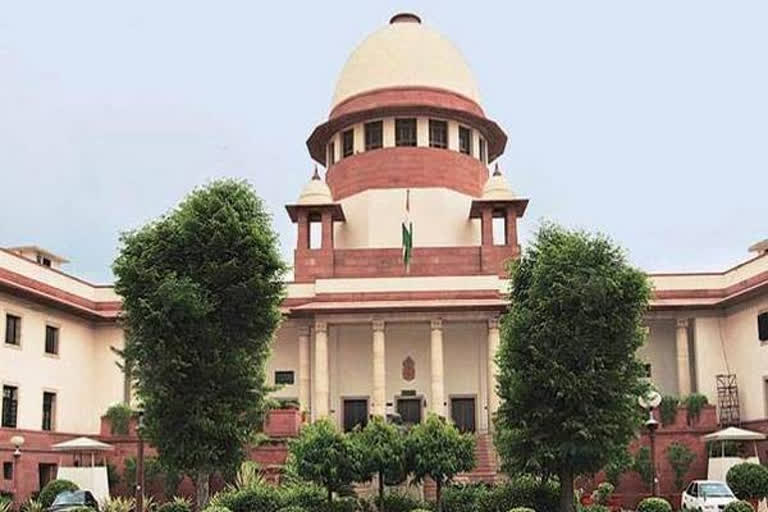New Delhi: An employee desirous of holding a civil post has to act with utmost good faith and truthfulness, the Supreme Court has said while upholding the sacking of a teacher for not disclosing a criminal case registered against him in the official forms. The man had joined as a trained graduate teacher of mathematics here in 1999 and was removed from service in 2008 after it was found that he had concealed the information about the case registered in Rajasthan.
In the present case, the respondent (man) is responsible for shaping the career of young students. What kind of message he will be giving to the students by his conduct based on untruthfulness? A bench of justices Hemant Gupta and V Ramasubramanian said in its order passed on March 31. The top court allowed the appeal filed by the Delhi government and others against the December 2012 order passed by the Delhi High Court which had set aside the order of the Central Administrative Tribunal (CAT) in the matter.
The CAT had dismissed the application filed by the man who had challenged the order of removal from service. The apex court, while setting aside the high court order, restored the order passed by the CAT. But, an employee desirous of holding a civil post has to act with utmost good faith and truthfulness. Truthfulness cannot be made causality by an aspirant much more for a candidate aspiring to be a teacher, the bench said.
During the arguments before the apex court, the counsel appearing for the man had contended that as he had his education in Hindi, he could not understand the meaning of the word 'prosecution' in the form given for verification of antecedents and filled it wrong. We find that the respondent, seeking appointment to the post of trained graduate teacher, is not an illiterate or uneducated person who can claim the ignorance of the meaning of the word 'prosecution', the bench said.
Also read:SC asks if it can pass orders restraining alienation of FRL's assets
